Don’t fear de noise
Hi Máté, it’s a pleasure to have you for this interview. Could you present yourself to the readers?
It’s my pleasure, really. I’m Máté, a UI/UX designer based in Budapest, Hungary but a traveller and photographer at heart.
What is the role of photography in your life?
I’m the type of guy who occasionally just stops and stares at the patterned shadows on a wall with falling plasters and weather-torn posters. As a somewhat eccentric guy, I realised sharing these moments as photographs could be a way to find like-minded people. Now, it wasn’t anything conscious as this but looking back now that’s how it looks like.
Although you use several cameras from different brands, including some film cameras or even a mobile phone, when looking at your portfolio we find that you don’t seek the maximum sharpness or technical perfection, but the right mood and light instead. Do you agree with our interpretation?
I’m glad my pictures lead you to this observation. Sharpness and technical perfection usually matter for those who use photography to make products or those who just obsess over details because they can’t find their voice or freedom of thought. If you know what you want to tell, show or share, aspects like sharpness are irrelevant.
Following what we said in the previous question, looking specifically at your series of portraits, you definitely don’t follow the “conventional rules”, either in terms of framing or posing your models. We don’t say this as a criticism, but rather as a compliment! Your portraits convey emotions, creativity, spontaneity. Do you like to photograph in the way that pleases you the most, freeing you of any conventional rules?
When people start getting into photography, usually they try to learn the rules and techniques first. When they get familiar with them, eventually they get to the point where they know and feel when to use them and when to neglect them.
There was a point when I realised—through my father’s critiques—that my pictures were too lifeless and logical, thus meaningless. From that liberating point, I’m striving to convey feelings and thoughts. Also, making my models feel at ease and letting them be themselves always leads to better portraits than trying to make them pose with their emotional masks on.
With regard to the equipment, could you describe what you have used in the last years, regardless the sensor format, from the Nikon 1″ system to the full frame Sony, and why Fuji X system has had a constant presence until today?
Out of curiosity and my non-declared camera geekiness, I tried and owned almost all of the cameras out there. Even though there’s not exactly a camera out there like I imagined for myself—closest being the wonderful Epson R-D1 and the Fujifilm X100 series—I keep getting back to the Fujifilm mirrorless models because they’re the ones which actually feel like cameras, not like computers (e.g. Sony, Panasonic) or oversized impractical machines (DSLRs) and because they inspire me with their style and feel and JPG files which don’t need retouching.
Which Fuji lenses do you use and which one is your favourite?
My favourite now is the 23mm F2 lens because the 27mm F2.8, despite its ideal FOV and perfect size, is too noisy and cumbersome to focus. Sold all my other Fujifilm lenses to keep it simple.
How do you choose which camera you will use for a particular photoshoot at the moment, or for a project you’re about to start?
I just grab the one I feel like using when going out with the lenses I feel would match the images I already have in my head.
What software are you using to process your photos? Do you use any commercial presets or do you make your own?
Lately, with the Fujifilm bodies I use the PRO Neg Std film simulation in-camera because it gives realistic colours as a perfect base, and later I apply a LUT usually from IWLTBAP to find the colour mood I feel would match the photo. The CameraBag Pro is an eccentric little hidden gem to get creative with, and Polarr is shaping up to be a perfect tool for my needs (with RAW support missing only).
What future do you anticipate for Mobile Photography? And in your particular case, do you believe that the mobile phone will be a tool that you will use more and more?
Actually, I’m using smartphone cameras the most now because they can be awesome for street photos with their superior unobtrusiveness and practicality. Compared to mirrorless and DSLRs they have way superior algorithms to make up for the small sensor size, already producing photos with amazing dynamic range and accurate colours. DSLRs and even Mirrorless cameras can’t keep up with this pace of progression so they’ll be more and more niché. Perhaps going for a more mechanical and traditional way for a contrast, or merge somehow in the future with smartphones becoming modulized and customisable, like what Sony tried but with more advanced and mature solutions? It sure is interesting to look for.
JOIN US! SUBSCRIBE TODAY THE FUJI X PASSION MAGAZINE
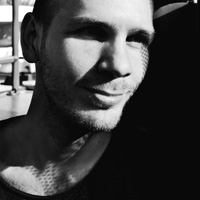
“I was born in the ’80s when everything was still analog and while I now mostly use digital technics I’m addicted to the imperfectness and organic nature of analog films – something undeniable when looking at my pictures. I specialise in portraits, capturing moods / moments, characters on the street.”

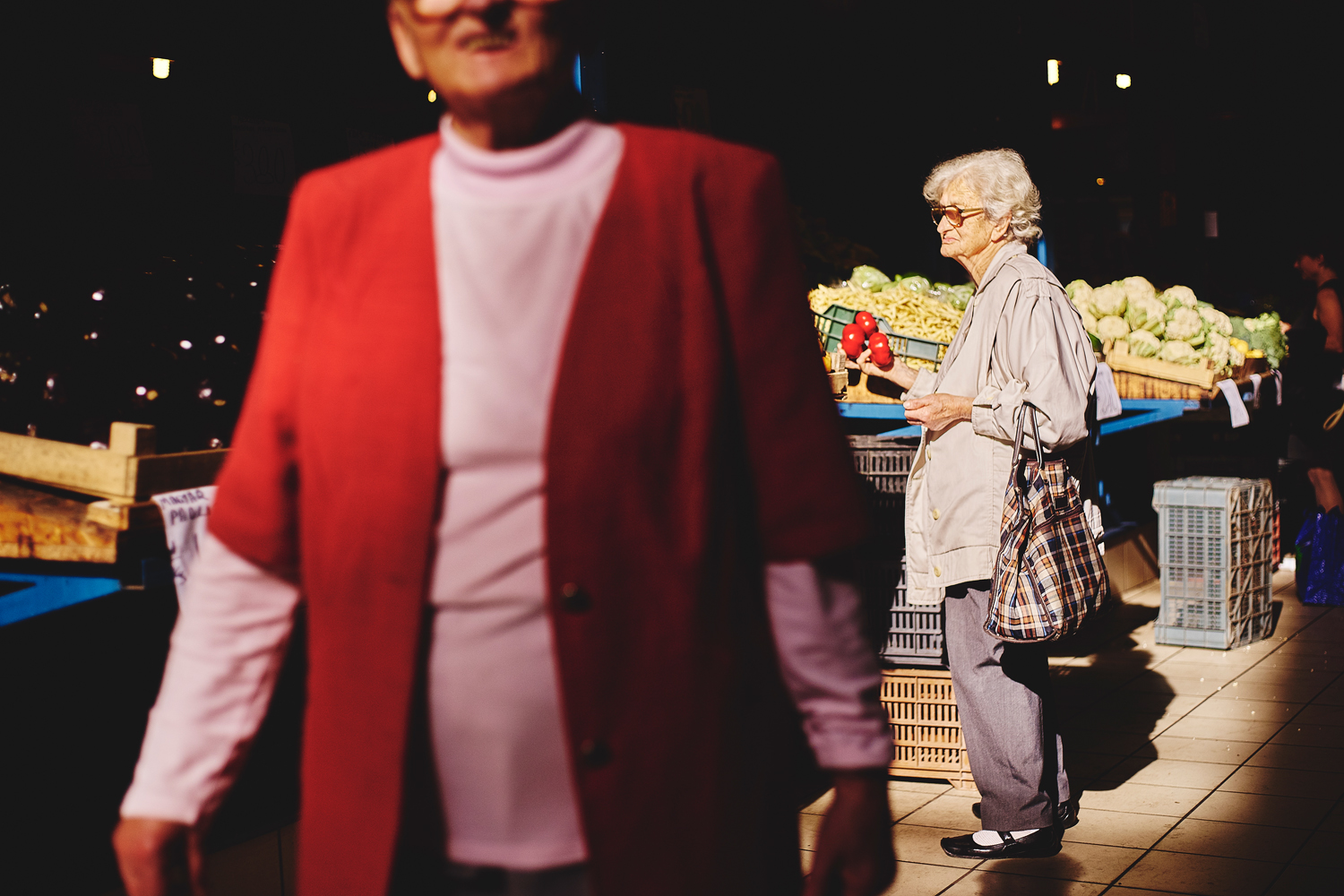

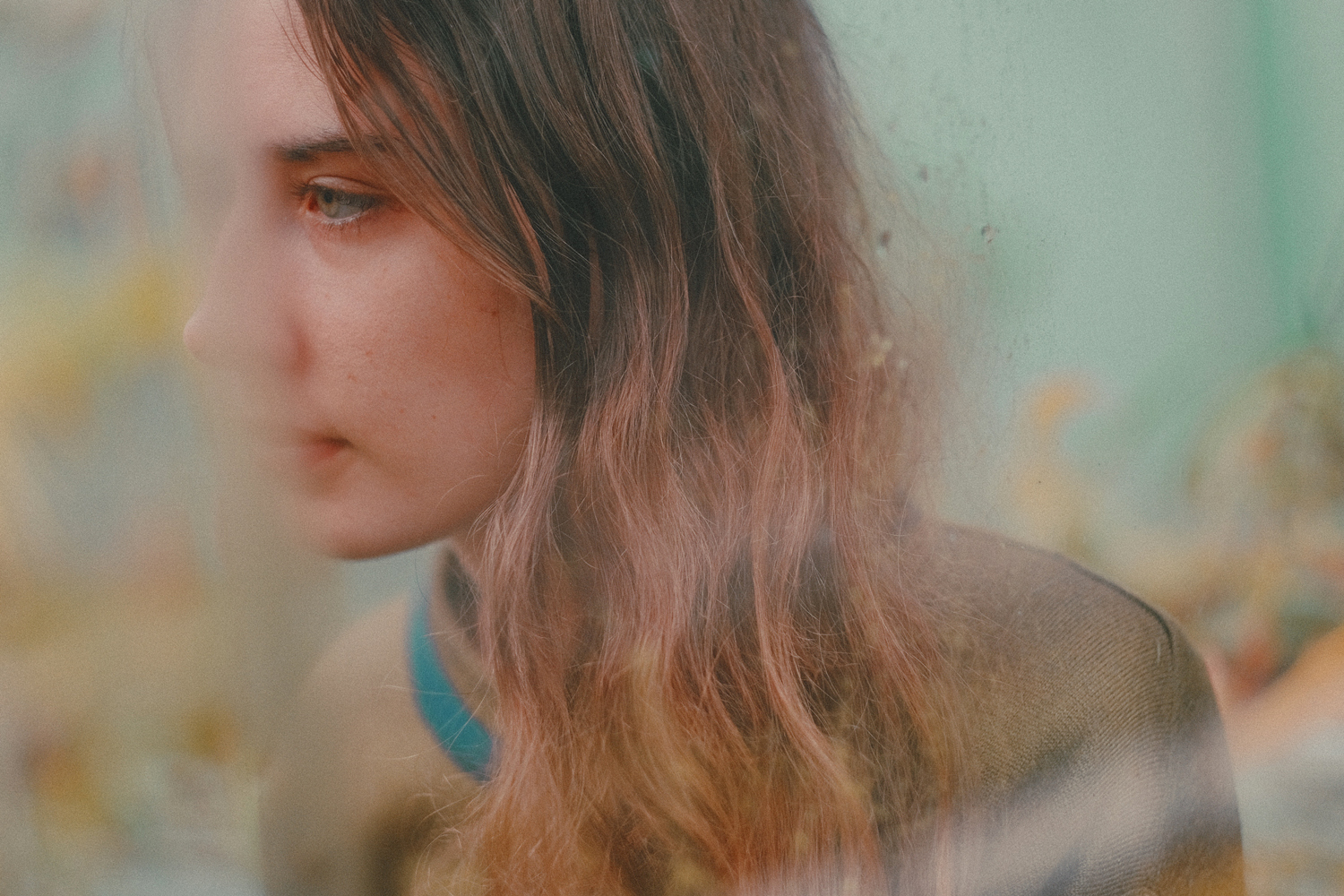

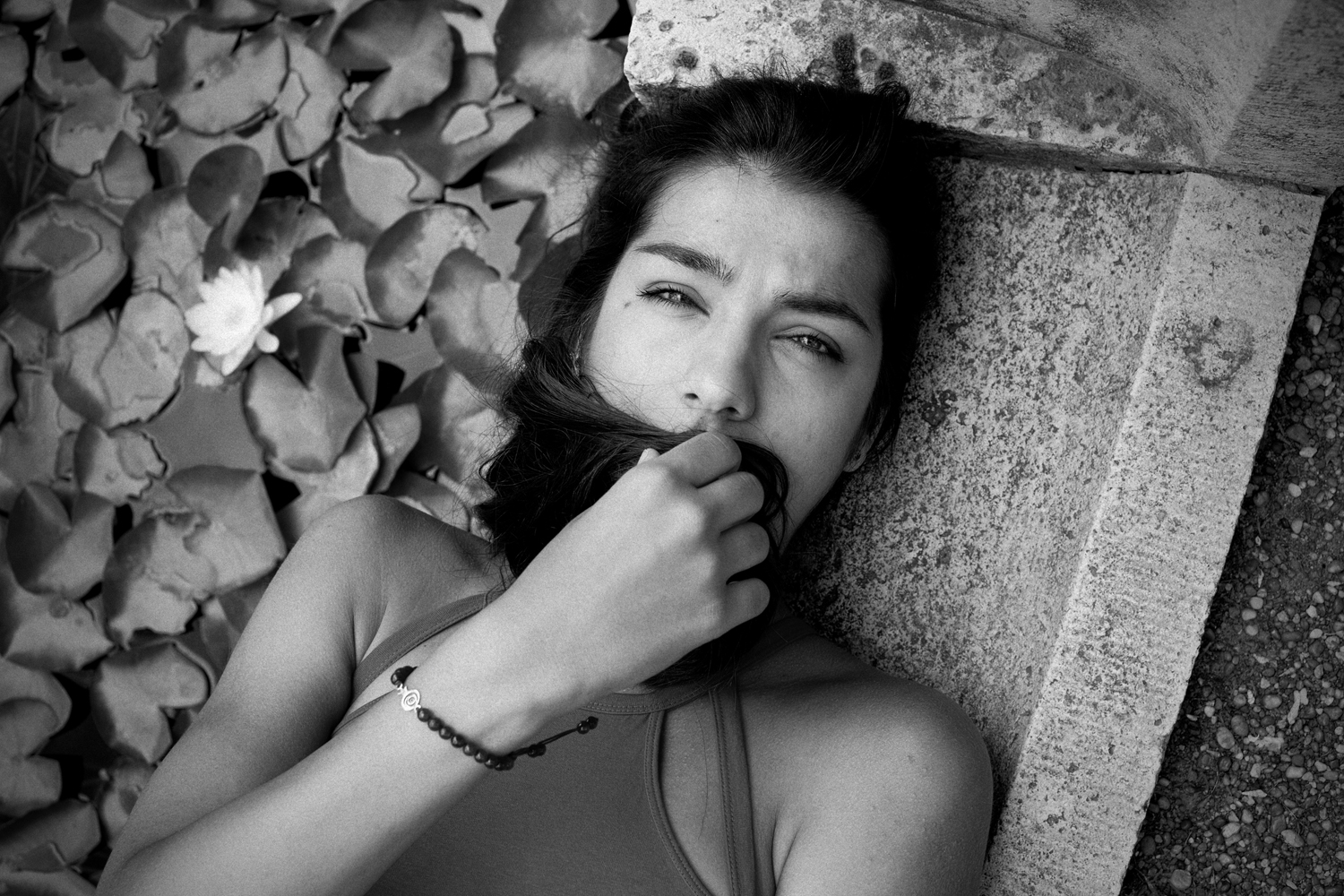

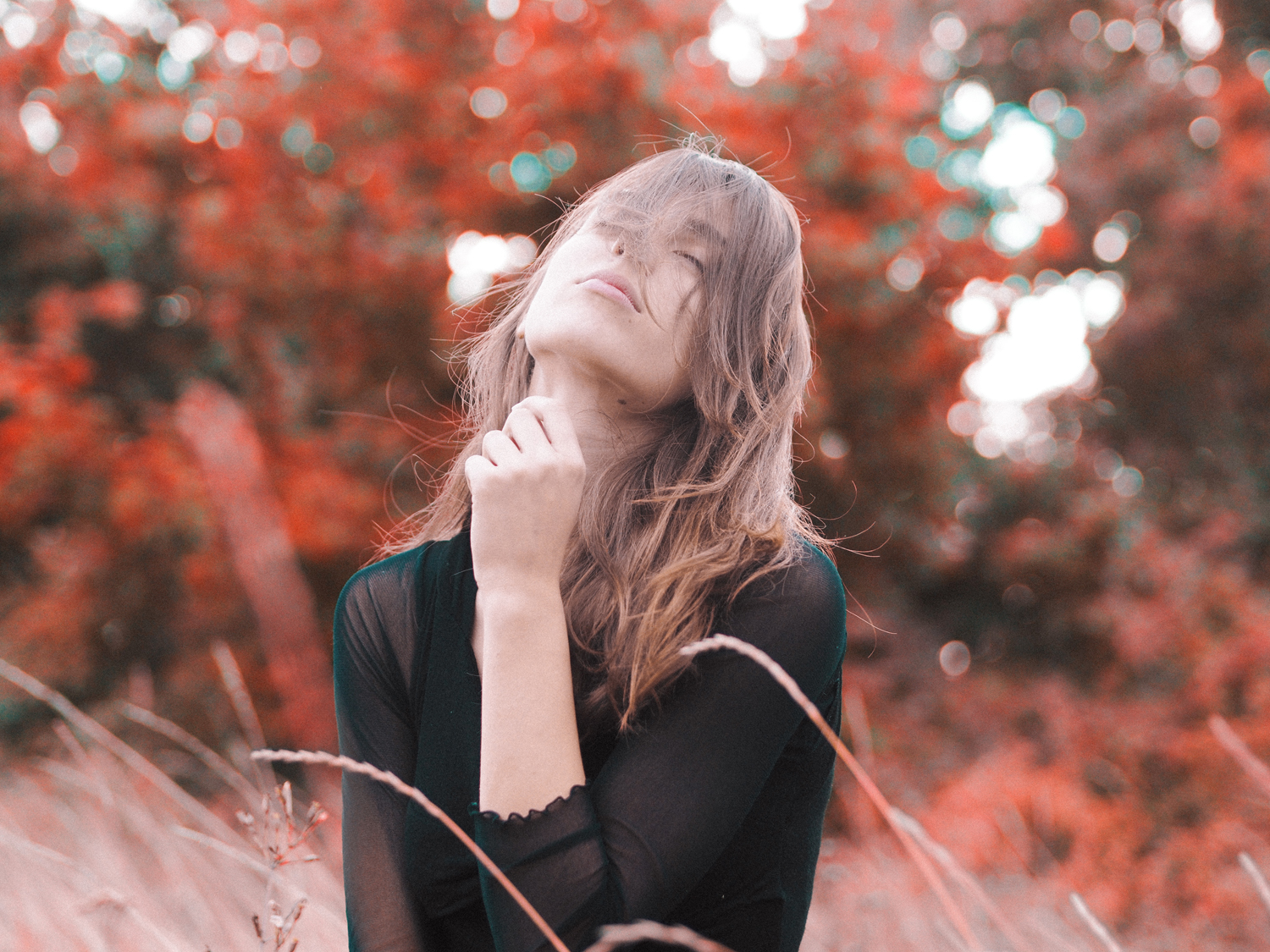
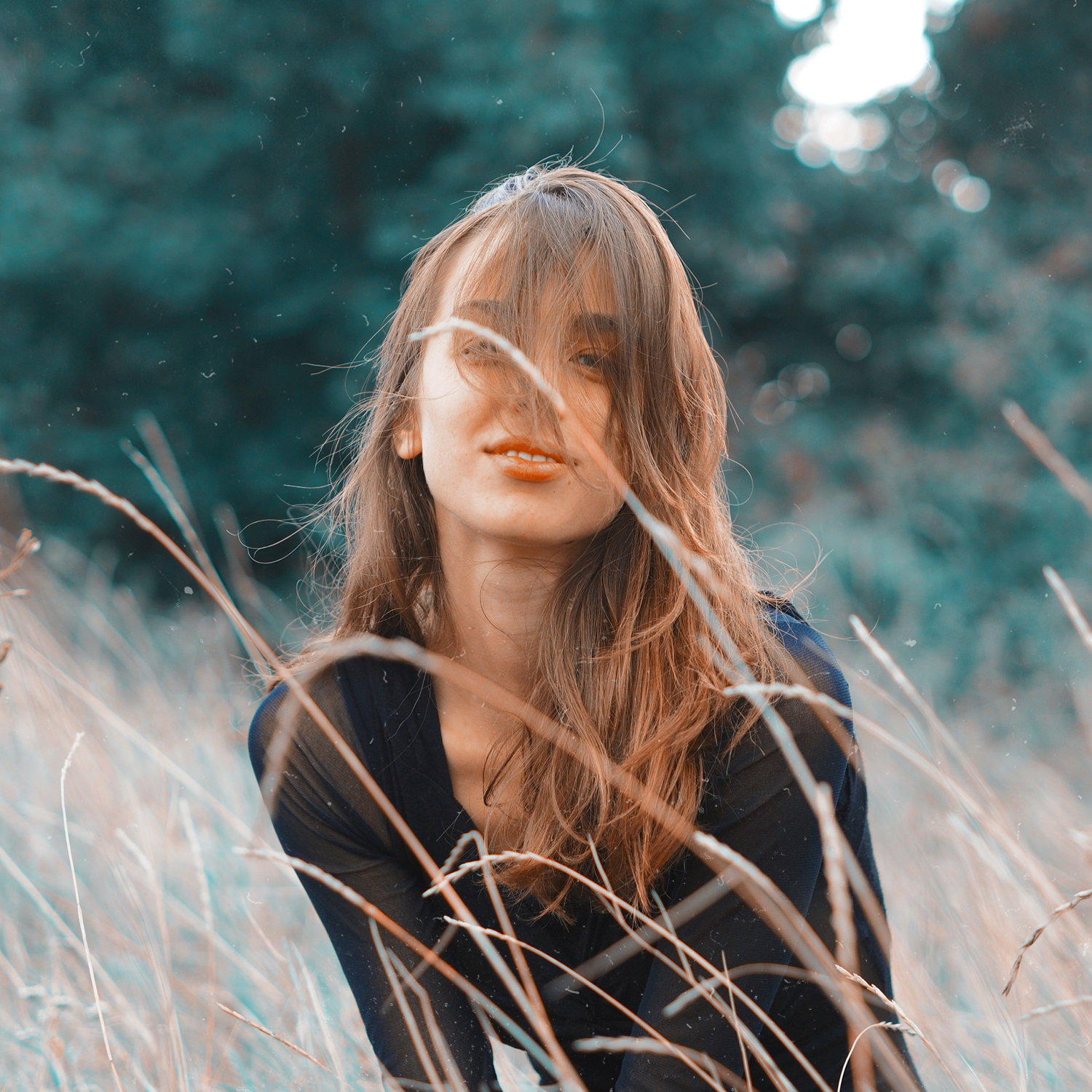
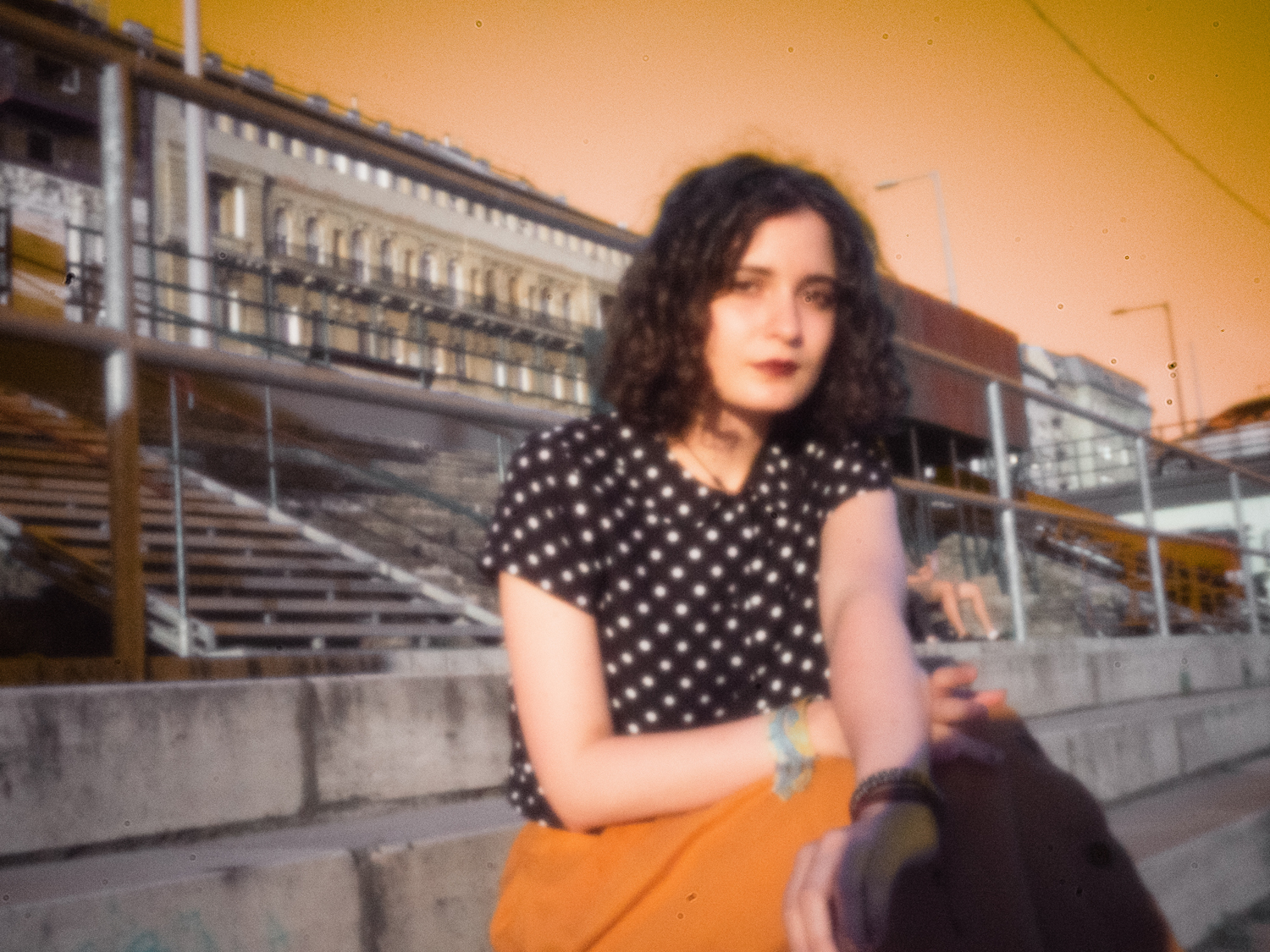
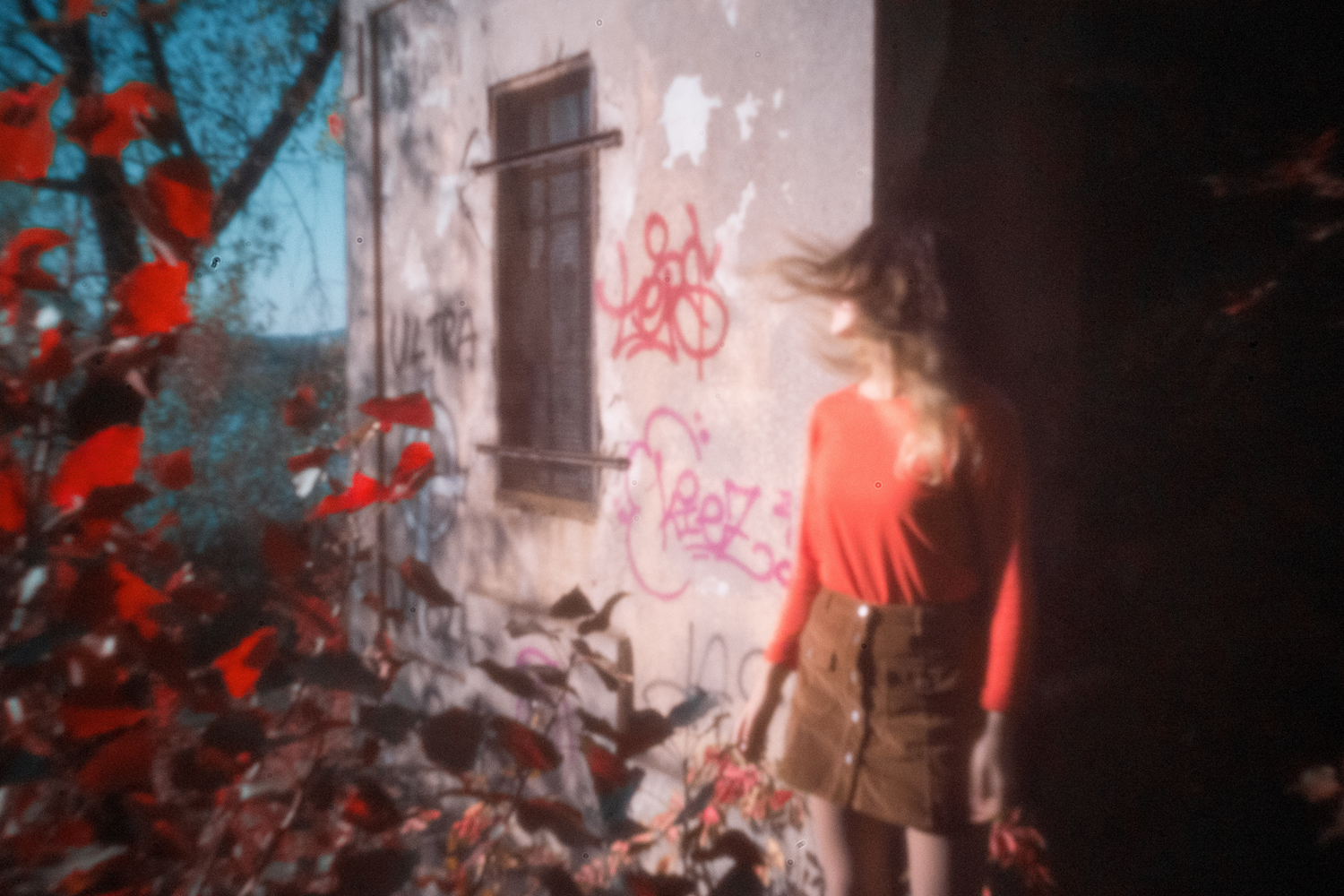

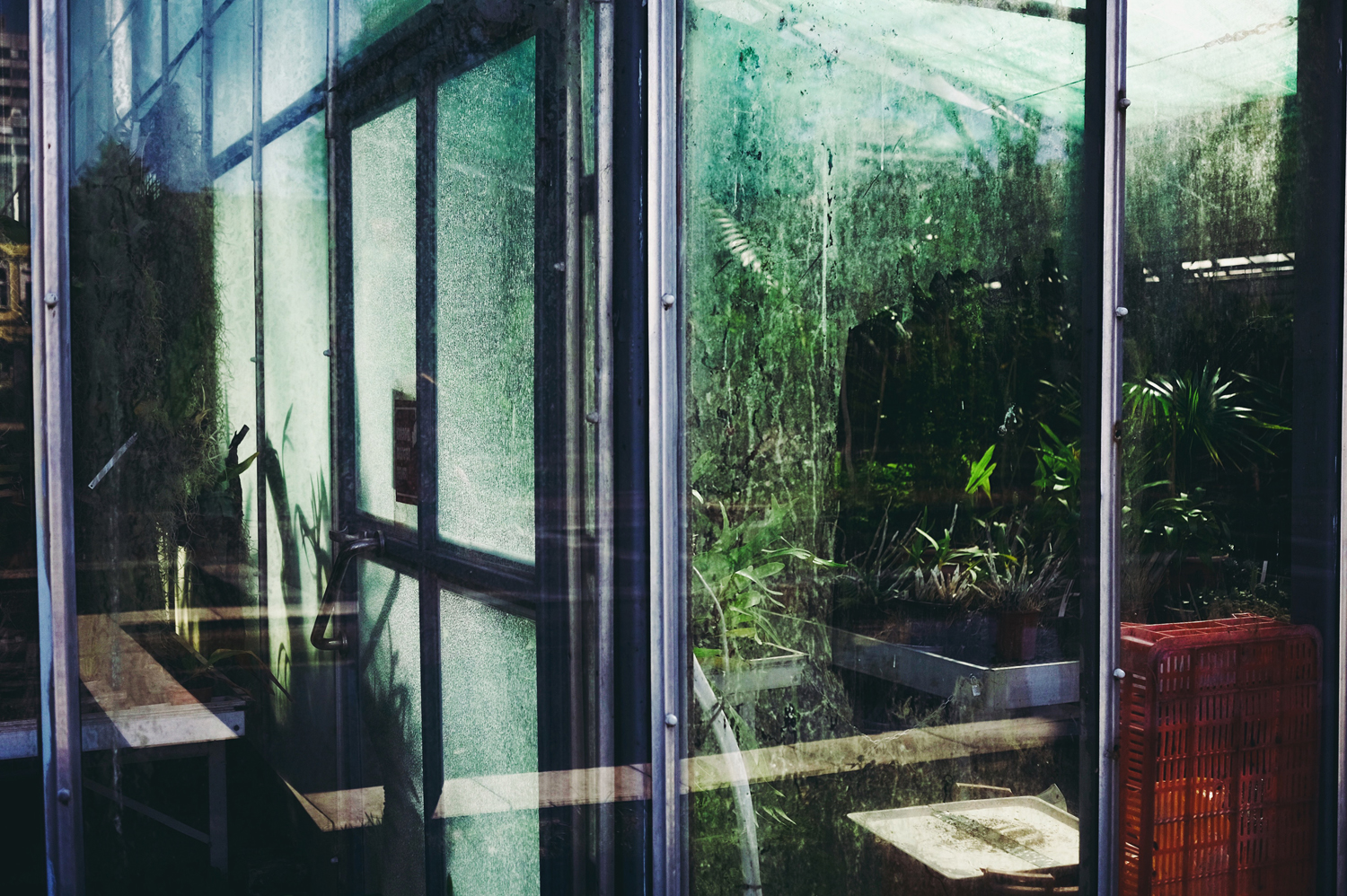


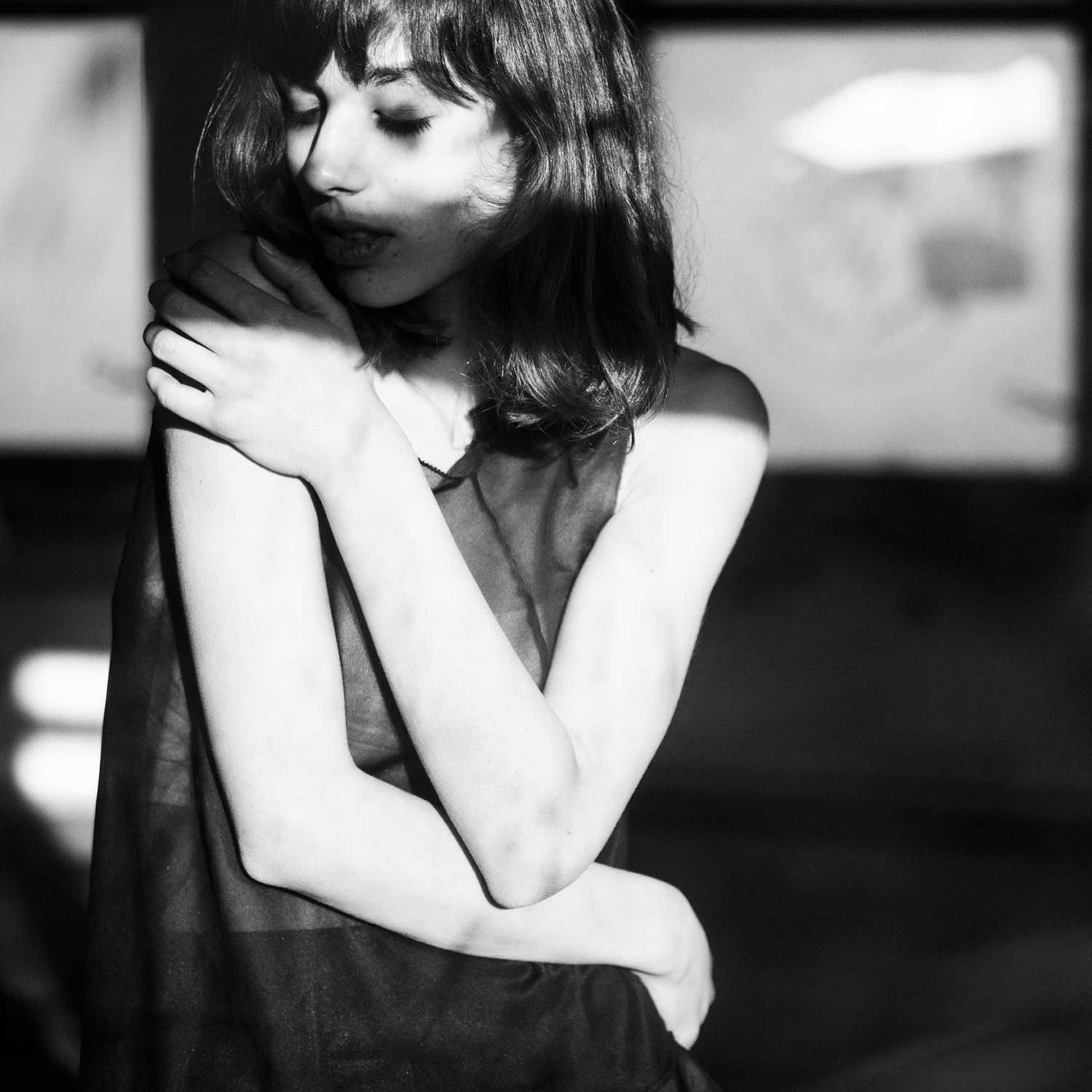



luo.la
December 26, 2018 @ 12:33 am
Ye ! This Is A Good Blog!
luo.la
February 4, 2020 @ 12:06 pm
Ye ! This Is A Good Blog!